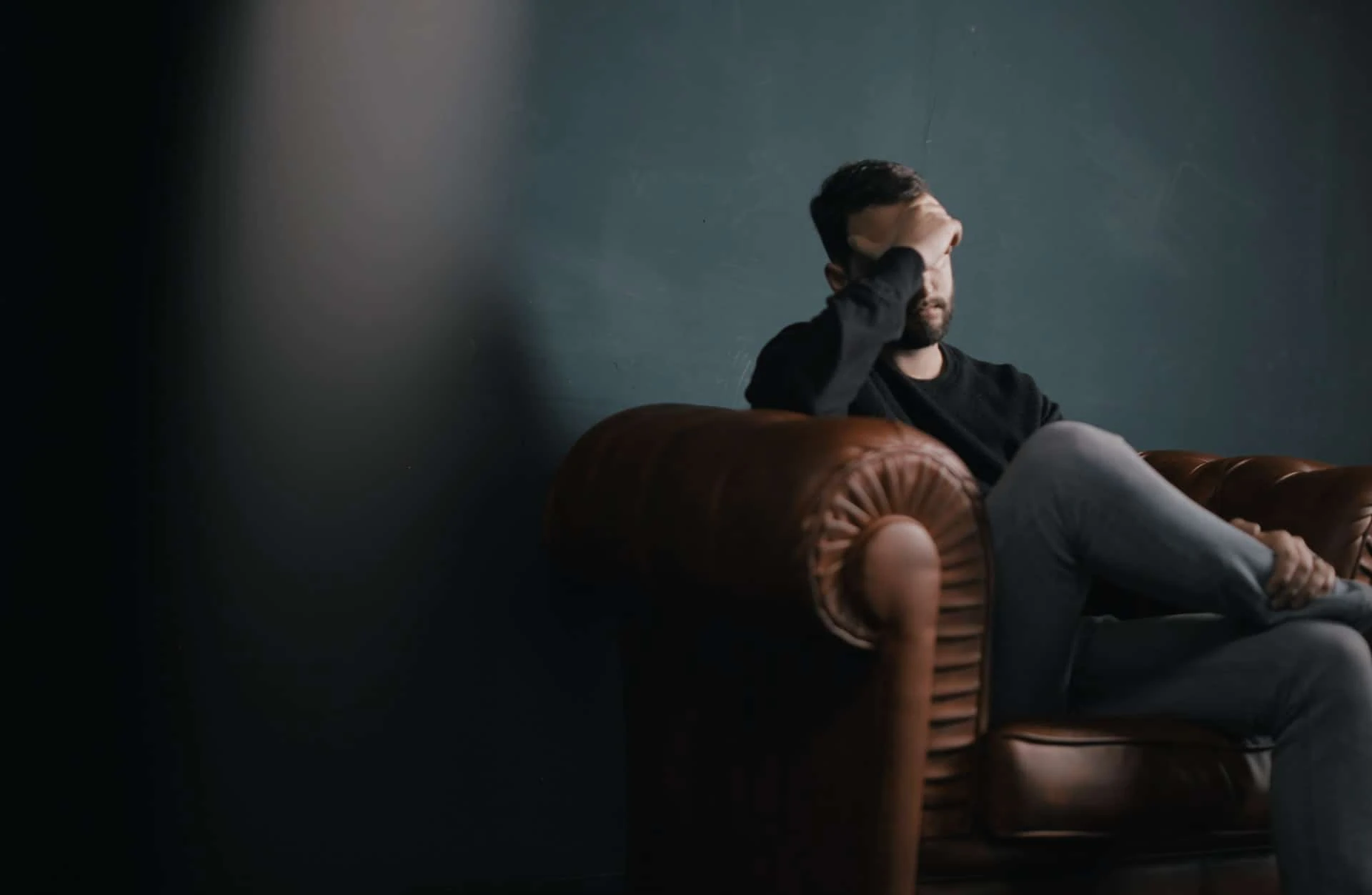
Getting Help After a DUI
Alcohol addiction is one of the most prevalent types of addiction in the world. Alcohol is both physically and mentally addicting. One of the most common consequences of binge drinking and alcohol abuse is legal trouble. For many people, this trouble comes in the form of a DUI or Driving Under the Influence, arrest.
What is DUI?
DUI stands for Driving Under the Influence, a law in California that enforces a legal Blood Alcohol Limit as .08 or lower. Anyone who fails a sobriety test can also be prosecuted for DUI. California is one of the strictest states when it comes to DUI laws.
If you are twice the legal alcohol limit (.16), then there are additional penalties. You can be charged with Aggravated DUI, on the premise that you knew it was reckless to drive so intoxicatedly. You can also have other criminal charges if there was a minor in the car, or if your DUI is a second or third offense. (Unfortunately, it is common for a person who has an alcohol use disorder to have multiple DUI convictions.)
How DUIs Work in California
DUI’s are a serious criminal charge in California. In many cases, a judge will give you the benefit of the doubt and treat you kindly when it’s your first offense. You’ll usually be sentenced to alcohol education classes for three, six, or nine months. During this time, you may have your driver’s license suspended or restricted. You may also have to attend AA meetings as well.
If you had other charges added on, such as drug possession, or Aggravated DUI, you could expect a harsher sentence.
After your first DUI, the court tends to see you as a repeat offender. Your driver’s license may be suspended for a longer period of time. For multiple DUIs, you will face more restrictions, and the classes may be as long as eighteen months.
Many people with drunk driving charges end up on probation or parole and in jail or on house arrest. You may avoid jail time by agreeing to use an ankle monitor or a device called SCRAM that can monitor an offender for alcohol use.
Getting Help After a DUI
Judges tend to be helpful when a person who has a substance abuse problem agrees to get help. DUI’s are usually signs of something serious going on in a person’s life, whether it’s alcohol addiction or self-medicating a mental health disorder. Willingness to admit you know that you’ve got a problem shows you’re ready to take the first step in recovery.
If you’re charged with a DUI, let your attorney know you’re willing to go to treatment. If you and the judge can come up with a treatment plan, you might avoid or reduce incarceration time. (On the other hand, if you show no remorse or refuse to admit that there’s a problem, you’ll often face a harsher sentence. )
We’re Ready When You Are
Alcohol addiction doesn’t hurt just the person who is drinking. It’s a family disease, too. We’re here for you to get the help you need! It takes a lot of strength to admit you don’t have all the answers, but the good news is you don’t have to face this problem alone.
We here to help executives, military veterans, and anyone else in the San Diego area who needs comfortable, discreet, and confidential support getting sober. Our clients receive confidential, long-term addiction treatment that supports sustainable recovery. Call us at 619-452-1200.
Categories
San Diego Interventions
